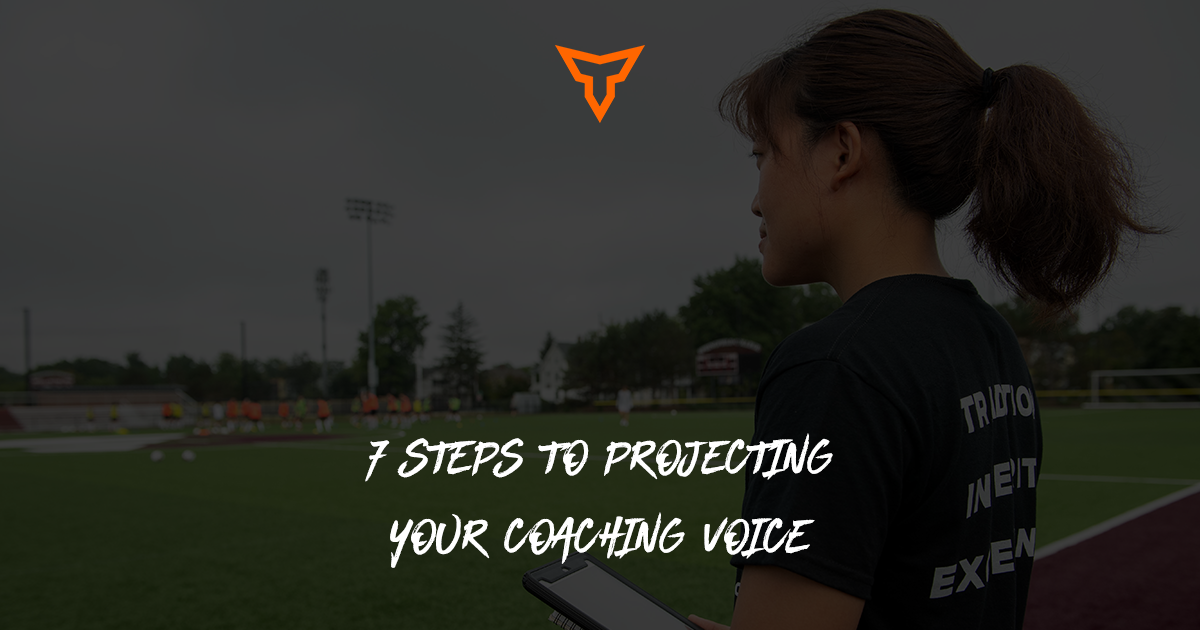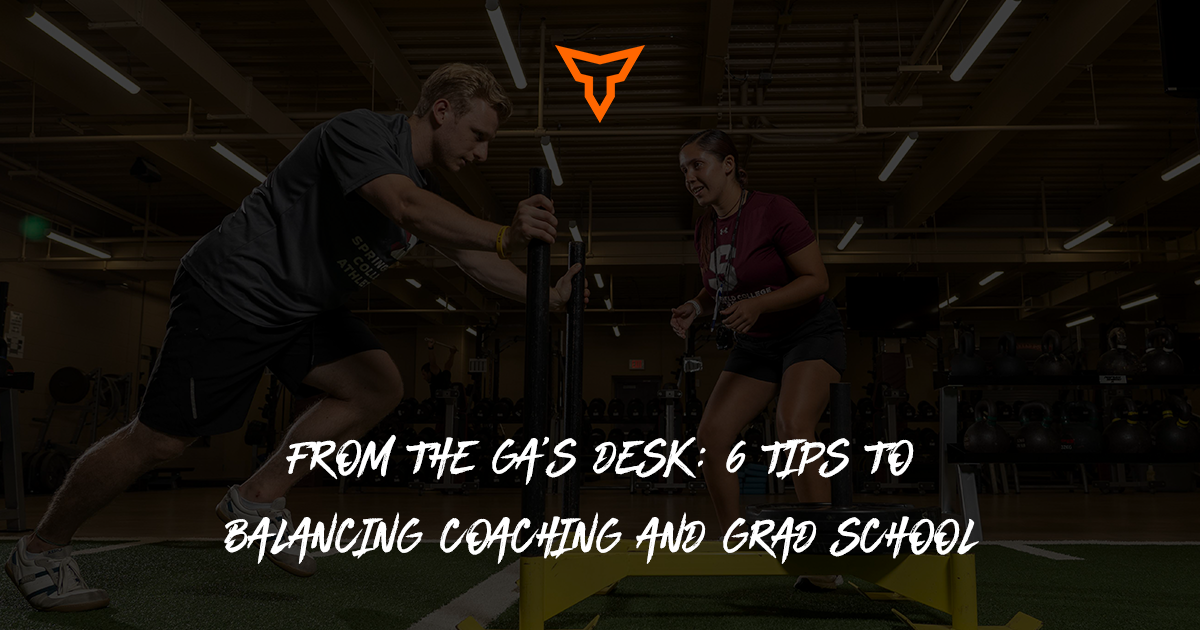Financial Literacy for Strength Coaches
After witnessing money woes as I began my career in the NFL, I made financial literacy a priority when I became a collegiate strength and conditioning coach (or perhaps because my wife has worked in finance since we were in college). I also tried to influence my fellow coaches and emphasize the importance of it as a priority for them as well.
Thank goodness I did because I quickly found out a few harsh truths about becoming a strength and conditioning coach:
- You can’t be in it for the money (efforts to get strength coaches higher pay is a topic for another article)
- More applicable to revenue sports, but Covid-19 taught us all how important this one is - a lack of job security means you HAVE to have some type of plan in case you’re let go or furloughed.
- Many institutions have a retirement plan vesting schedule that makes it difficult to vest and take full advantage of a retirement plan (especially for younger coaches bouncing around and working their way up).
Most people talk about money and wealth as if they’re synonymous, but they’re not. Money is just the vehicle by which we accumulate wealth. After being in the game for over 20 years, I know most coaches speak in terms of money, not wealth. And yes, it’s often because of the three truths listed above, but it doesn’t have to be - as a strength coach, it’s up to you to make financial literacy a priority.
When I was at Mizzou, my staff and I enrolled in a program called Financial Peace University. All of Dave Ramsay’s programs do have a religious affiliation, but you can have any belief and still enroll in and benefit from this program. When we learned and completed it as a staff, it gave us opportunities to ask questions of each other that are usually taboo or off limits. The younger coaches got to see what their futures could look like when hearing about experiences of the veterans; and we all got reminded what a budget is.
That was the biggest takeaway - living on a budget. The program uses the envelope system, allocating certain money to each of your expenses and, literally, putting that cash in an envelope. Even with my wife having a career in finance, this course was a reminder that a budget doesn’t mean you’re living a life of deprivation. Instead, it means you’re telling your money where to go each paycheck rather than being surprised it’s all gone before you even had a chance to see it settle in your account.
It doesn’t matter if you’re making $30k or $300k - you need a budget. Once you’re on a budget, you can begin working the baby steps of the program with the ultimate goal of paying off debt and accumulating wealth.
Below are 7 financial literacy tips that will help you get out of the red and into the green, literally...
#1. Save $1,000 for your starter emergency fund. This is for unforeseen expenses like a car repair that could come up as you're trying to get out of debt.
#2. Pay off all debt using the debt snowball. The debt snowball is working to pay off the smallest debt first, then adding that payment to the next smallest debt, and so on.
#3. Save 3-6 months of expenses in a fully funded emergency fund. This step is especially crucial for strength coaches who have low job security - you never know when you may go a few months between jobs. Having this cushion allows you to choose your next position rather than be in a position to take whatever job arises because you need income.
#4. Invest 15% of your household income in retirement. Even if you’re unable to fully vest in a retirement plan, the money you contribute to the plan is still yours. The vesting takes advantage of whatever employer contribution your institution makes. If your position doesn’t include retirement benefits, take your wealth building into your own hands by starting an IRA on your own.
***
#5 is the first wealth building step - the first three are about money; the last four are about wealth.
***
#5. Save for your children’s college fund. This step is entirely up to you for how much you want to put away.
#6. Pay off your home early. Imagine having no payments in the whole world?!
#7. Build wealth and give. With no payments, owing no one, your income is YOURS. At this stage you’ll watch your wealth accumulate. But just because you don’t owe anything doesn’t mean you don’t need a budget - building wealth always requires telling your money where to go.
Clearly these aren’t my ideas or my teachings, but they’re financial literacy tips that have helped me and my family, along with several of my colleagues. Passing them on in the form of this article is something I wish I had reference to when I was just beginning my career as a strength and conditioning coach (and remember, my wife was IN finance - we STILL needed something like this).
Not only the teachings, but having someone help me see why financial literacy should be a priority for a strength coach. The unique nature of our profession makes money and wealth a more critical thing. Sure, not all problems can be solved by money (or wealth), but having a plan for your money (and wealth) helps alleviate many of the big stressors that come with being a strength and conditioning coach.
Subscribe to our blog
Subscribe to receive the latest blog posts to your inbox every week.
Related posts

From the GA's Desk: 7 Steps to Projecting Your Coaching Voice

10 Tips to Catch Burnout Before It's Too Late


